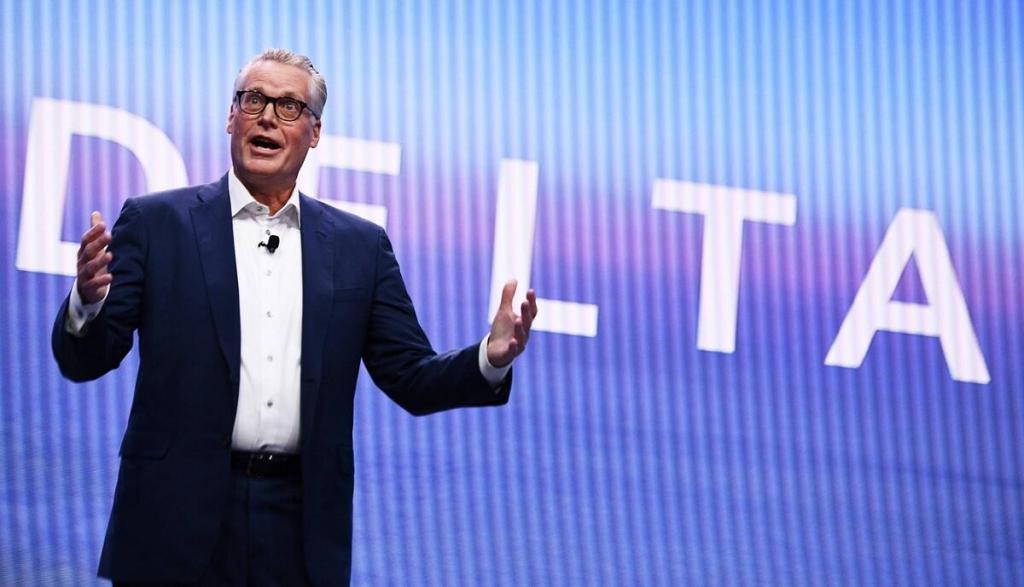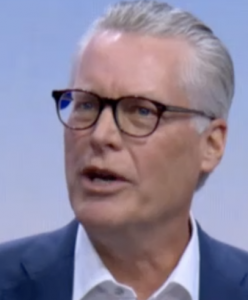Airline Safety Omitted at CES
Article By : George Leopold

Conspicuously absent from a CES presentation on the future of aviation technology was the burning question of airline safety in the aftermath of two deadly Boeing 737 Max crashes.
Conspicuously absent from a CES presentation on the future of aviation technology was the burning question of airline safety in the aftermath of two deadly Boeing 737 Max crashes.
Conspicuously absent also during a keynote address by Delta Air Lines CEO Ed Bastian was any reference to Boeing. Bastian didn’t have to mention the embattled aircraft manufacturer since his fleet includes no 737 Max aircraft grounded in the aftermath of the second 737 Max crash in March 2019 that killed 157 passengers and crew.
Instead, Bastian touted the range, gadgets and other comforts of Delta’s new fleet of the Airbus 330-900neo aircraft, the very plane that prompted Boeing to rush the production and rollout of its flawed 737 Max.
Delta is also the North American launch partner for the Airbus 220, a narrow-body passenger jet designed to feel like a wide-body jet—which presumably means you won’t bang your head on the overhead bins when boarding a redesigned version of a regional jet.
Delta, a forward-looking carrier with a good on-time record, picked the right horse in the race to deliver longer range aircraft that burn less aviation fuel, among an airline’s biggest costs. Delta is listed among the Airbus’ top customers for the A330neo.

While there were passing references to delivering passengers “quickly and safely” to their destination—the Delta CEO certainly did not intend to downplay aviation safety—the focus on flying as another customer experience is a bit strained. Not surprising, we suppose, during a consumer electronics show.
Sure, free in-flight Wi-Fi, biometric screening, “parallel reality” display screens, pet care “pods” and the rest of Delta’s “applied innovation” are nice upgrades. So too is the fact that the airline has mostly resisted the economic imperative of cramming as many passengers as possible into its planes.
But the anxious flying public is equally interested in safety and reliability in the aftermath of the 737 Max crashes as they are in on-time arrivals and immersive flight experiences.
Bastian could have devoted at least a few sentences to the subject of airline safety in his roughly 90-minute keynote.
A few readers contend we are bashing Boeing, piling on when a great engineering company is fighting to save its once-sterling reputation. But we are unwilling to compromise on safety.
So, too, should Boeing.